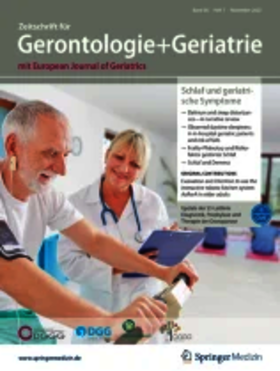Publication
Subjective experiences in retirement adjustment
Qualitative results from Switzerland
Abstract
Background
Previous research on retirement adjustment has been dominated by quantitative studies on the development of different indicators for adjustment success. In contrast, there is a lack of qualitative studies examining the subjective experiences of retirees in their adjustment process to the new life phase.
Objective
The article deals with the subjective adjustment experiences of persons whose regular retirement was about 1 year ago. It focuses on experienced habituation requirements and subjectively relevant factors of life satisfaction.
Material and methods
The findings are based on qualitative interview data from a more comprehensive mixed methods study conducted between 2019 and 2022 in the German-speaking part of Switzerland. In the course of the study, 25 semi-structured interviews were carried out and analyzed using qualitative content analysis.
Results
Entering the new life phase was predominately experienced positively, which was mainly associated with a gain in freedom and opportunities for regeneration; however, the time after retirement also entailed habituation requirements in different areas of life. Life satisfaction increased compared to the initial survey before retirement and was associated with various beneficial and critical factors, ranging from personal characteristics to social developments.
Conclusion
Retirement itself is not necessarily a critical experience but can be accompanied by other critical events. A satisfactory life 1 year after retirement is linked to multiple factors. Among these, resources play an essential role.

